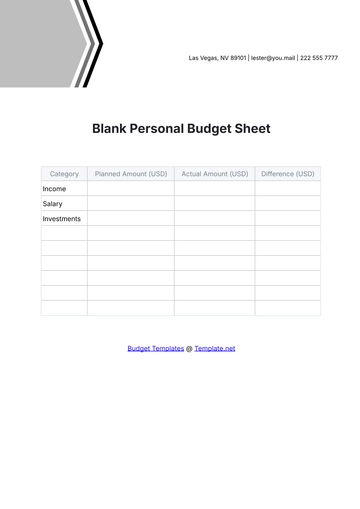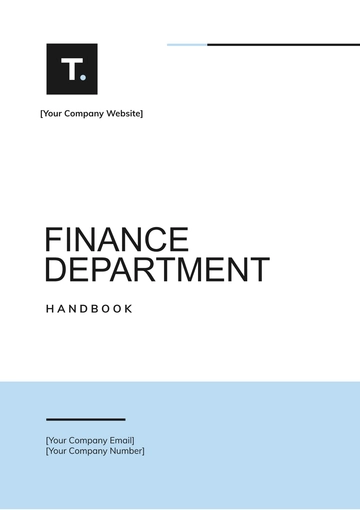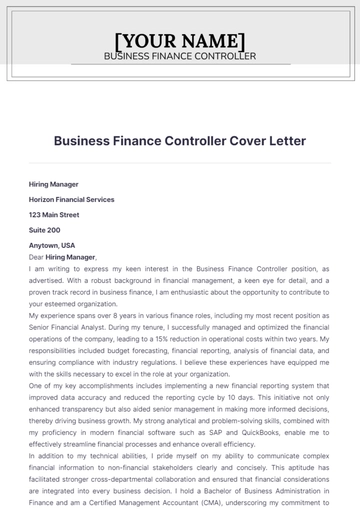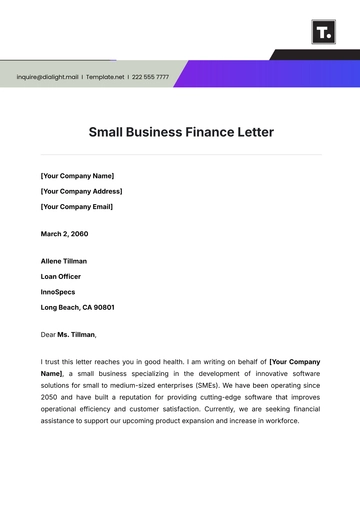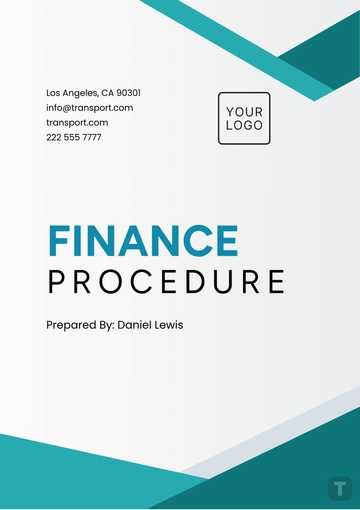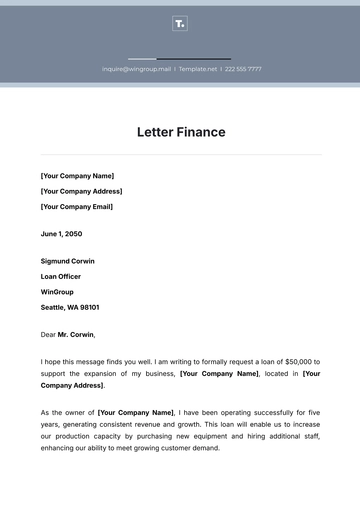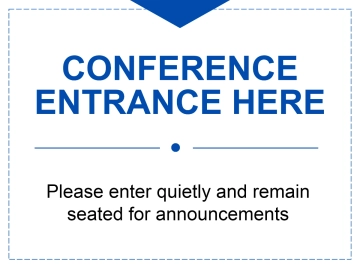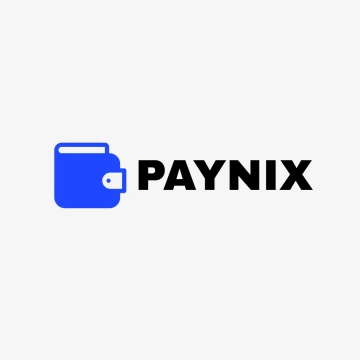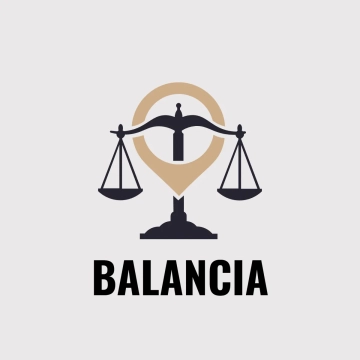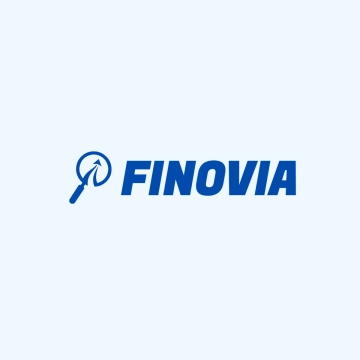Free Cleaning Services Cash Management Policy
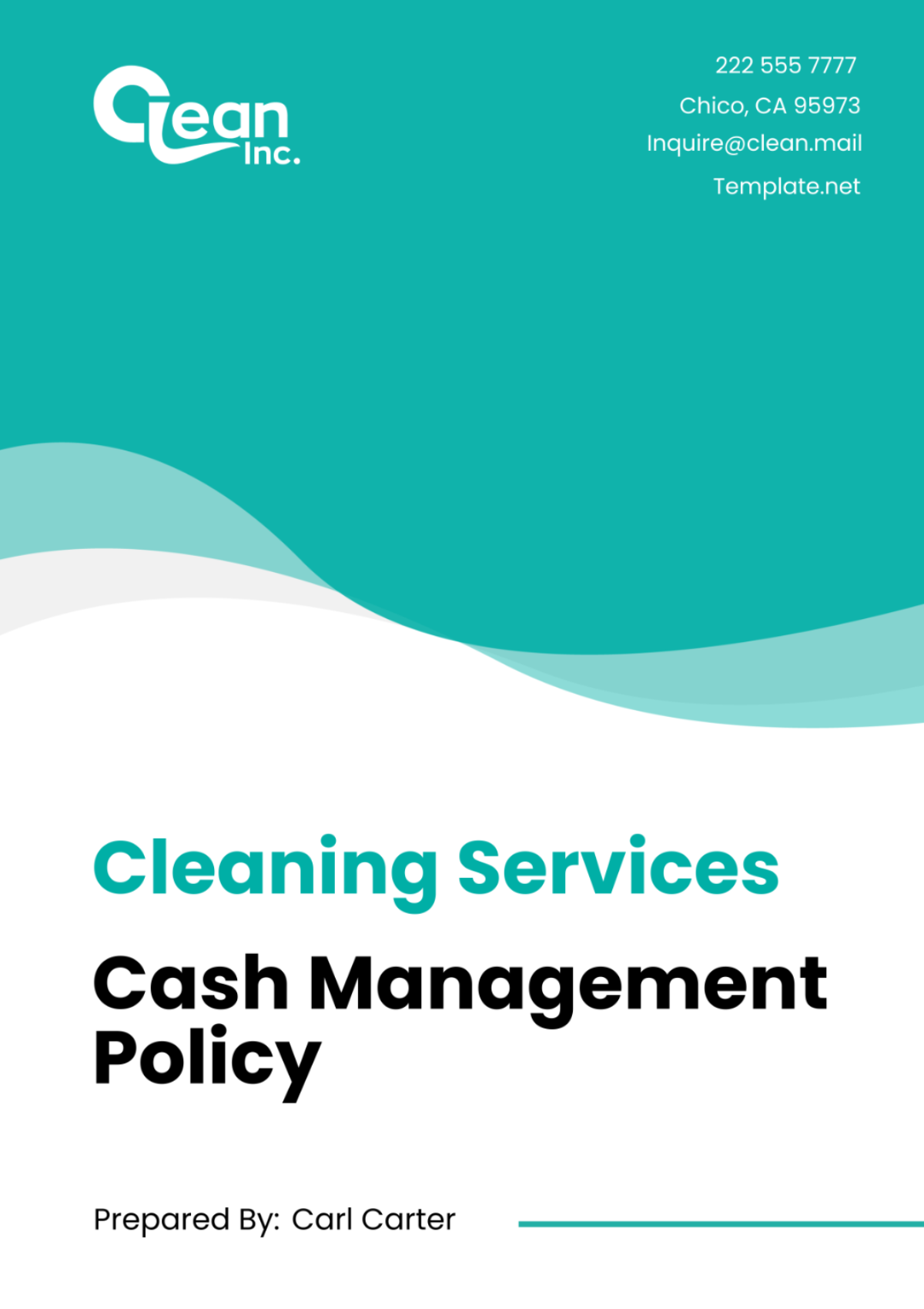
1. Introduction
Objective: The Cash Management Policy crafted for [Your Company Name] is aimed at setting forth a comprehensive set of protocols for the effective and secure handling of the company’s monetary resources. It underscores our dedication to safeguarding financial health, bolstering operational capabilities, and adhering to regulatory standards and the cleaning industry best practices.
Applicability: This policy is universally applicable across the entirety of [Your Company Name], encompassing all team members, from the front-line employees engaged in daily cash transactions to the executive management overseeing financial strategies. It extends to include contractors and any other individuals directly interacting with or responsible for the company’s cash operations, ensuring a cohesive and standardized approach to cash management within our cleaning services framework.
2. Cash Handling Procedures
Receipts and Invoices
Issuing Invoices: All services provided by [Your Company Name] must be promptly invoiced. Invoices should detail the service date, description, amount due, and payment terms. Invoices are to be generated through [Your Company Name] Accounting Software, ensuring accuracy and traceability.
Receiving Payments: Payments can be accepted in cash, credit/debit cards, or electronic transfers. All payments must be recorded in [Your Company Name] Accounting Software on the day of receipt. For cash payments, a receipt must be issued to the customer immediately.
Providing Receipts: For every payment received, a system-generated receipt detailing the transaction date, amount, and service description must be provided to the customer. Receipts for cash payments are to be issued using pre-numbered receipt books.
Cash Register Management
Opening and Closing Procedures: Cash registers must be counted at the beginning and end of each shift. Discrepancies exceeding $5 must be reported immediately to the supervisor.
Cash Handling: Cashiers must ensure that cash is handled discreetly and securely. All cash received should be placed in the cash register immediately, and the register should remain locked when not in use.
Petty Cash Fund
Fund Setup: A petty cash fund of $500 will be maintained for minor business expenses. The fund will be kept in a locked cash box in the office safe.
Usage: Withdrawals from the petty cash fund must be approved by a supervisor and documented with a receipt specifying the date, amount, and purpose of the expense.
Replenishment: The petty cash fund will be replenished monthly or when the balance drops below $100. All expenditures must be reconciled with receipts before replenishment.
3. Cash Flow Monitoring
Daily Cash Flow Monitoring
Daily cash flow should be monitored using [Your Company Name] Accounting Software. Each day's beginning and ending cash balance must be recorded, along with detailed entries of cash inflow (receipts) and outflow (expenses).
Cash Flow Forecasting
Monthly Forecasts: Cash flow forecasts will be prepared monthly, projecting the next 12 months. These forecasts should include expected cash receipts from operations and anticipated cash payments.
Adjustments: Forecasts will be adjusted monthly based on actual cash flow performance and any significant changes in the business environment.
Variance Analysis
A monthly variance analysis will be conducted comparing actual cash flows to forecasts. Significant variances will be investigated, documented, and reported to management with recommendations for corrective action.
4. Cash Safeguarding
Physical Security Measures
Safe Storage: All cash on premises must be stored in a UL-rated safe overnight and during non-business hours. The combination to the safe will be known only to the company treasurer and the CEO.
Transportation: Bank deposits exceeding $1,000 must be made using a secure cash transit service or accompanied by two employees.
Banking Procedures
Deposits: Daily sales exceeding $500 are to be deposited in the company bank account within 24 hours. Deposit slips must be matched with corresponding sales records.
Access Controls: Access to company bank accounts will be restricted to authorized personnel only, with dual authorization required for transactions exceeding $5,000.
5. Banking and Reconciliation
Bank Account Management
PROCESS | DESCRIPTION |
|---|---|
Account Setup | All company bank accounts must be approved by the Board of Directors and set up by the Treasurer. [Your Company Name] will primarily use [Bank Name], chosen for its business banking services and customer support. |
Signatories | The CEO, Treasurer, and Chief Financial Officer (CFO) will be authorized signatories on all accounts. Changes to signatories must be approved by the Board. |
Account Monitoring | Online banking will be used for daily monitoring of account activity. Alerts for transactions exceeding a predetermined threshold ($1,000) will be set up for immediate notification. |
Bank Reconciliation
PROCESS | DESCRIPTION |
|---|---|
Frequency | Bank accounts will be reconciled monthly by the accounting department, comparing the bank statements against the company’s internal records. |
Procedure | Discrepancies will be investigated and resolved within five business days of receiving the bank statement. Adjustments, if necessary, will be documented and approved by the Treasurer. |
Reporting | A reconciliation report will be prepared monthly, summarizing the status and any discrepancies or adjustments, to be reviewed by the CFO. |
Handling Discrepancies
Immediate Action: Upon identifying a discrepancy, the accountant will notify the Treasurer and CFO immediately for further investigation.
Resolution: Efforts to resolve discrepancies will involve reviewing transaction records, deposit slips, and communication with the bank. Resolutions must be documented and stored with the monthly reconciliation reports.
6. Cash Usage and Investments
Operational Expenses
Approval Process: All cash payments for operational expenses must be approved in advance by the department manager and verified by the accounting department for budget alignment.
Documentation: Receipts or invoices must support all cash expenditures. These documents will be filed monthly by the accounting department.
Emergency Reserve
Purpose: [Your Company Name] will maintain an emergency cash reserve equivalent to three months of operating expenses to cover unforeseen financial needs.
Management: The reserve will be held in a high-yield savings account separate from operational funds. Usage of these funds requires approval from the Board of Directors.
Surplus Cash Investment
Investment Policy: Surplus cash may be invested in low-risk, liquid assets, such as money market funds or short-term certificates of deposit, following guidelines established by the Investment Committee.
Objectives: Investments aim to preserve capital, maintain liquidity, and achieve a modest return without jeopardizing the company’s cash needs.
Review and Adjustment: Investment positions will be reviewed quarterly by the Investment Committee, with adjustments made as needed to align with [Your Company Name]'s financial strategy and market conditions.
7. Roles and Responsibilities
The successful management of [Your Company Name]'s cash is a shared responsibility:
ROLE | RESPONSIBILITY |
|---|---|
CEO | Oversees the company’s overall financial strategy and approves significant financial decisions. |
CFO | Directly responsible for managing the company’s cash flow, banking relationships, and financial planning. |
Finance Team | Conducts daily cash management tasks, including transactions, reconciliations, and reporting. |
Department Heads | Approve expenses within their departments, ensuring adherence to budgetary constraints. |
8. Training and Compliance
All employees involved in cash handling and management will receive comprehensive training upon hire and annually thereafter. This training will cover all aspects of this Cash Management Policy, emphasizing the importance of compliance for [Your Company Name]'s financial health. Regular audits will be conducted to ensure adherence to this policy, with findings reported to the CEO and the Board of Directors. Employees found in violation of this policy may face disciplinary action, up to and including termination.
9. Policy Review and Update
This Cash Management Policy will be reviewed annually by the CFO, with input from the finance team and external auditors. This review will ensure that the policy remains effective and relevant to the company's operational needs and financial strategies. Any proposed changes must be approved by the CEO and the Board of Directors, with all updates communicated to relevant staff members promptly.
10. Conclusion
The Cleaning Services Cash Management Policy meticulously crafted for [Your Company Name] encapsulates our commitment to ensuring financial integrity, operational efficiency, and strategic growth. By instituting robust procedures for cash handling, safeguarding, flow monitoring, and banking, coupled with clear guidelines on cash usage and investments, this policy is instrumental in fostering a culture of accountability and financial prudence. It recognizes the unique challenges and opportunities within the cleaning services industry, providing a tailored approach to managing cash resources that align with our operational realities and growth aspirations.
With dedicated roles and responsibilities, ongoing training, and stringent compliance mechanisms, the policy is poised to support [Your Company Name] in achieving its financial objectives while maintaining the highest standards of transparency and security. This comprehensive policy not only guides our daily financial operations but also underpins our long-term vision for sustainability and success in the competitive cleaning services market.
- 100% Customizable, free editor
- Access 1 Million+ Templates, photo’s & graphics
- Download or share as a template
- Click and replace photos, graphics, text, backgrounds
- Resize, crop, AI write & more
- Access advanced editor
Streamline your cash flow with the Cleaning Services Cash Management Policy Template from Template.net. This customizable and editable tool, powered by our AI Editor, ensures optimal cash handling practices. Perfect for maintaining financial stability and accountability in your cleaning business. Secure and manage your finances effectively with this essential template, available exclusively at Template.net.
